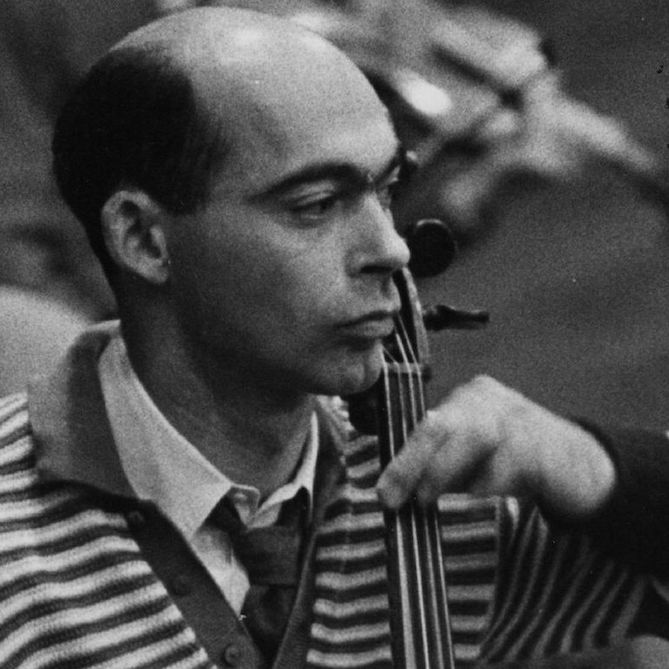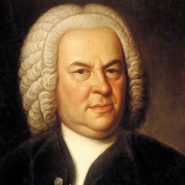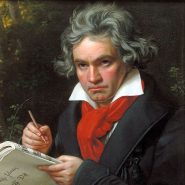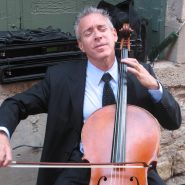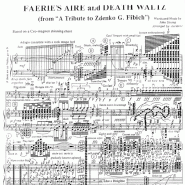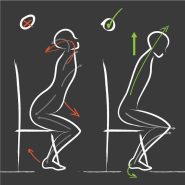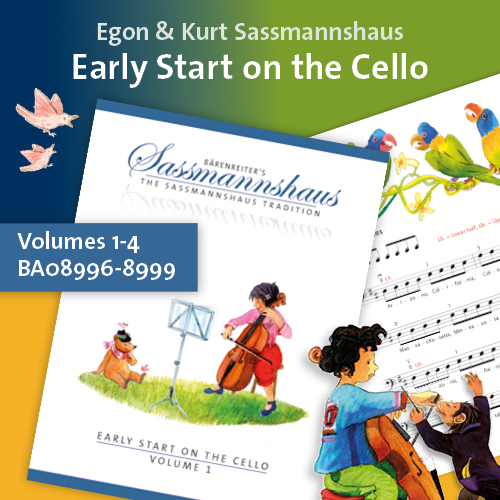Tag: Teaching
By Blogmaster August 1, 2013

By Blogmaster July 9, 2013
Subjects Artists
Tags artist, Canada, celebration, cello, cellobello, colleagues, former students, gathering, honor, impact, inspiration, intimate gathering, Janos, life of Janos Starker, love, memories, music, musical influence, photographs, pictures, Remenyi House of Music, Starker, stories, students, Teaching, Toronto, Toronto Cricket Club, tribute
By Martha Baldwin January 27, 2013
Subjects Orchestra
Tags Baldwin, cello, cellobello, challenges, chamber music, choices, Cleveland Institute of Music, Cleveland Orchestra, colleagues, concert halls, concerts, direction, establish a career, family time, focus, happiness, inspiration, lifestyle, Martha, mom-friendly schedule, money, musical talents, orchestra, orchestral jobs, personal ideas, predictability, rehearsals, routine, short attention span, social outlets, soloist, stability, status, Teaching, Touring, Travel, variety, working full time
By Robert Battey January 16, 2013
Subjects Repertoire
Tags accuracy, ambiguity, Anna Magdalena, Anner Bylsma, artistic, autograph, Bach, Bach Cello Suites, Bach Suites, Bach's original intentions, Bach’s precise intentions, Barenreiter, Battey, careless, cello, cellobello, challenges, colors, complexities, conclusions, curiosity, dilemma, Editions, editors, enjoyment, experimentation, flawed, genius, historical, inconsistent copies, instrument control, Instruments, interpretive creativity, interpretive ideas, Janos Starker, judgment, liberation, lute, lute arrangement, meaningful interpretations, monochromatic, normal teaching model, Pablo Casals, painting, parameters, paris, personal research, personality, phrasing, Pierre Fournier, printing, publications, rainbows, recordings, repertoire, response, Rhythm, robert, sloppy, slurs, study, Teaching, text booklet, textual, The Fencing Master, transcribing, uncertainties, virtuosity
By Avery Waite November 24, 2012
Subjects Artistic Vision
Tags Afghanistan, Avery, challenges, culture, discipline, Experience, imagination, Kabul, language, motivation, music, radio, students, talent, Teaching, Waite
By Jonathan Pegis October 19, 2012
Subjects Orchestra, Repertoire
Tags accents, Audition, Beethoven, blog, bow changes, bow speed, cello, cellobello, coaching, confidence, control, dynamics, education, Excerpts, inflection, legato, markings, mistakes, nerves, orchestra, orchestral excerpts, phrasing, practicing, Preparation, pressure, recording, release, Rhythm, singing, sustain, Symphony, teacher, Teaching, technical challenges, variations, vibrato
By Mark Summer October 4, 2012
Subjects Artistic Vision
By Avery Waite September 21, 2012
Subjects Artistic Vision
Tags adventure, Afghanistan, Avery, beauty, cello, cellobello, impact, improvement, intensity, Kabul, language, learning, musical language, patience, students, success, teacher, Teaching, traveling, Waite
By Brant Taylor February 20, 2012
Subjects Artistic Vision
Tags Awareness, Bernard, Brant, cello, cello technique, cellobello, David, Development, Experience, Greenhouse, Gregor, inspiration, Janos, Katz, music, Paul, performance, perspective, Piatigorsky, Popper, Quartet, Starker, Taylor, Teaching
By Selma Gokcen January 17, 2012
Subjects Playing Healthy
By Robert Battey December 1, 2011
Subjects Practicing
Tags art, Battey, cello, cellobello, chamber music, coaching, conservatory, Development, discipline, ensemble, frustration, goals, music, music-making, robert, sight-reading, students, Teaching, Technique, workshops
By Selma Gokcen November 3, 2011
Subjects Playing Healthy

By Blogmaster September 25, 2011
By Brant Taylor September 15, 2011
Subjects Practicing
By Yeesun Kim June 6, 2011
Subjects Artistic Vision
